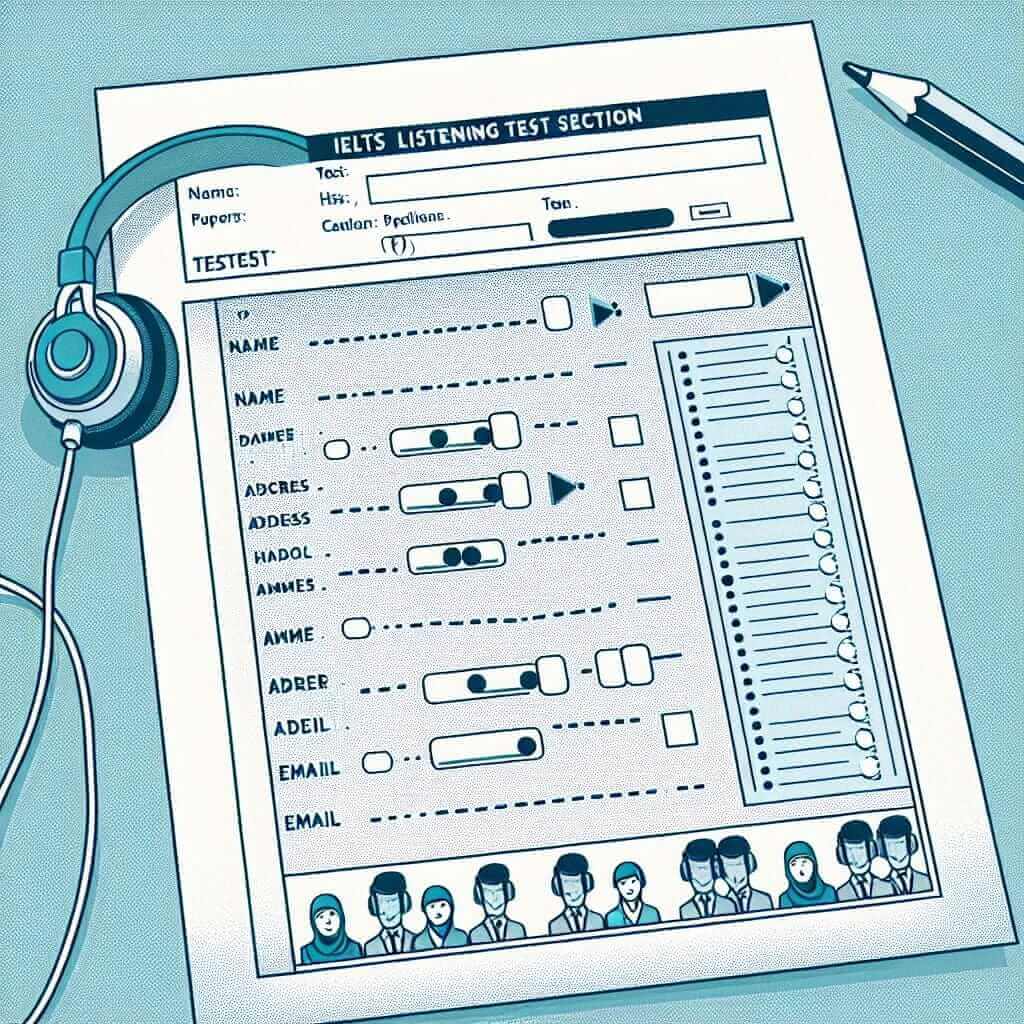The IELTS Speaking test can feel like a minefield of potential pitfalls, especially when faced with seemingly simple questions like “Are you a polite person?”. As an IELTS instructor with over 20 years of experience, I’m here to help you navigate this terrain with grace and confidence.
Nội dung bài viết
Understanding the Question: It’s More Than Just “Yes” or “No”
The examiner isn’t simply looking for you to confirm or deny your politeness. They want to assess your:
- Vocabulary: Can you use a range of words related to politeness, manners, and social etiquette?
- Fluency and Coherence: Can you speak smoothly and connect your ideas logically?
- Grammatical Range and Accuracy: Can you use a variety of grammatical structures correctly?
- Pronunciation: Can you be easily understood?
Crafting Your Response: Show, Don’t Just Tell
Avoid a one-word answer or a simple “Yes, I believe so.” Instead, aim for a well-structured response that demonstrates your language skills:
Example Structure:
- Acknowledge the question: “That’s an interesting question. I think…”
- Give your opinion: “I do consider myself to be a polite person…”
- Provide specific examples: “… For instance, I always make sure to say ‘please’ and ‘thank you,’ and I try my best to be mindful of others’ feelings.”
- Expand on your answer: “In my culture, politeness is highly valued, so I was raised to be respectful of elders and to avoid interrupting others.”
- Offer a concluding thought: “Overall, I think being polite is essential for building strong relationships and creating a more harmonious society.”
 Polite Conversation
Polite Conversation
Illustrative Examples:
- Examiner: “Would you say you’re a polite person?”
- Candidate: “Yes, I’d definitely say so. I make a conscious effort to treat others with respect, whether it’s holding the door open for someone or actively listening when they’re speaking. I believe good manners go a long way.”
Tips for Success:
- Brainstorm vocabulary: Before the test, think of words related to politeness, manners, respect, courtesy, etiquette, consideration, and cultural norms.
- Practice speaking naturally: Don’t memorize answers! Focus on developing fluency by speaking about the topic of politeness in various contexts.
- Use a range of grammatical structures: Incorporate complex sentences, conditional clauses, and varied verb tenses.
- Pay attention to your intonation and pronunciation: Record yourself speaking to identify areas for improvement.
Conclusion: Mastering the Art of Polite Conversation
Remember, the IELTS Speaking test is not an interrogation. It’s a conversation. By demonstrating your language skills while discussing politeness, you’ll showcase your ability to communicate effectively and leave a positive impression on the examiner.


